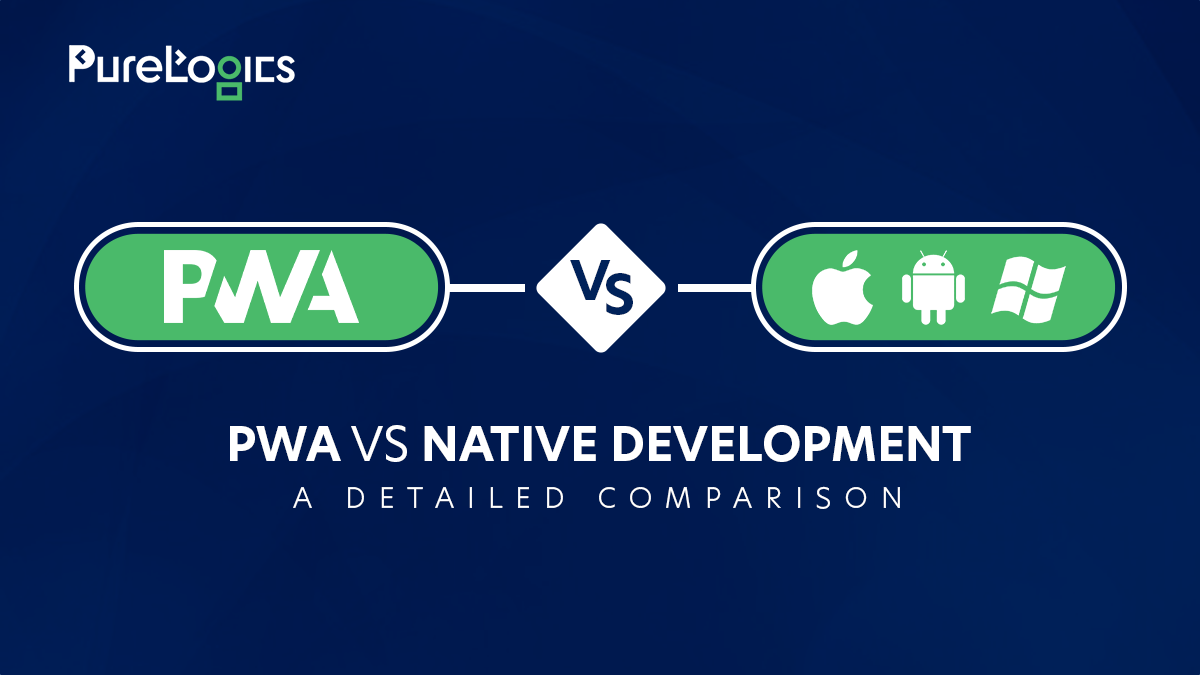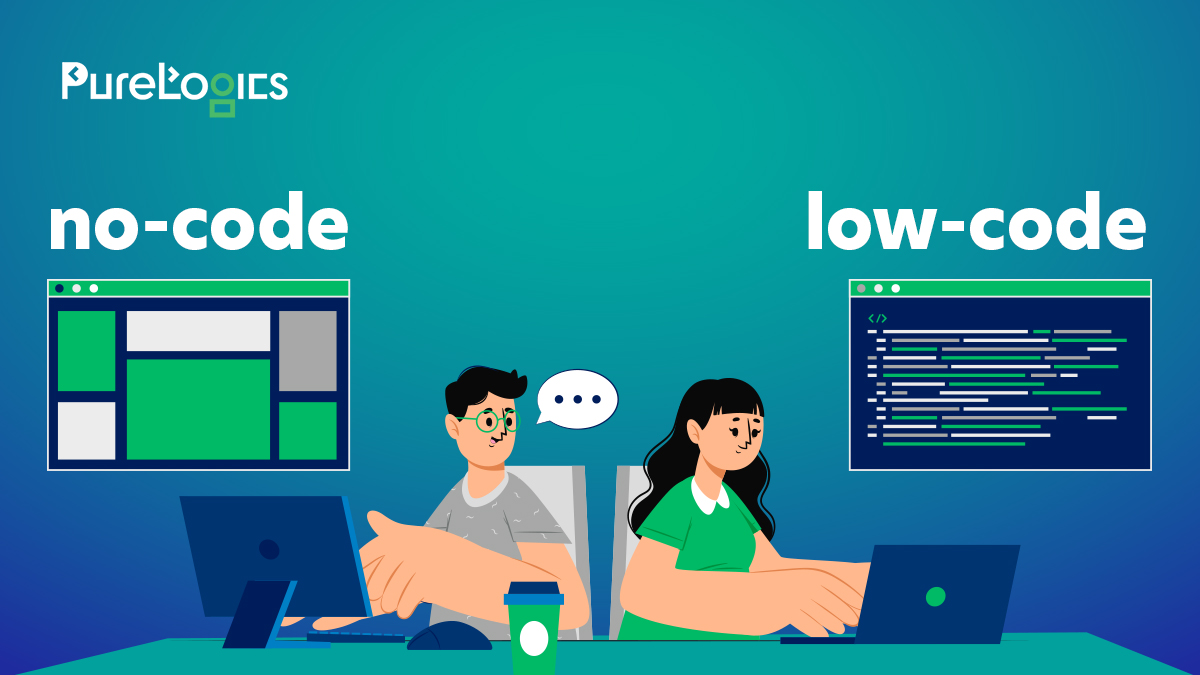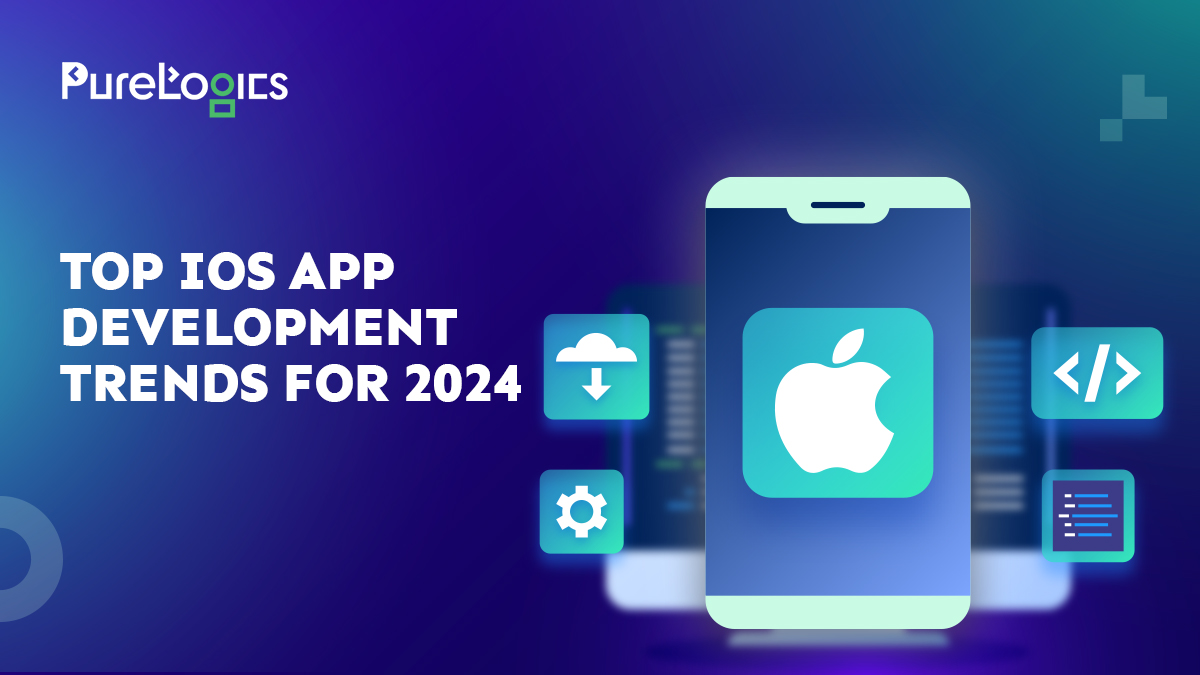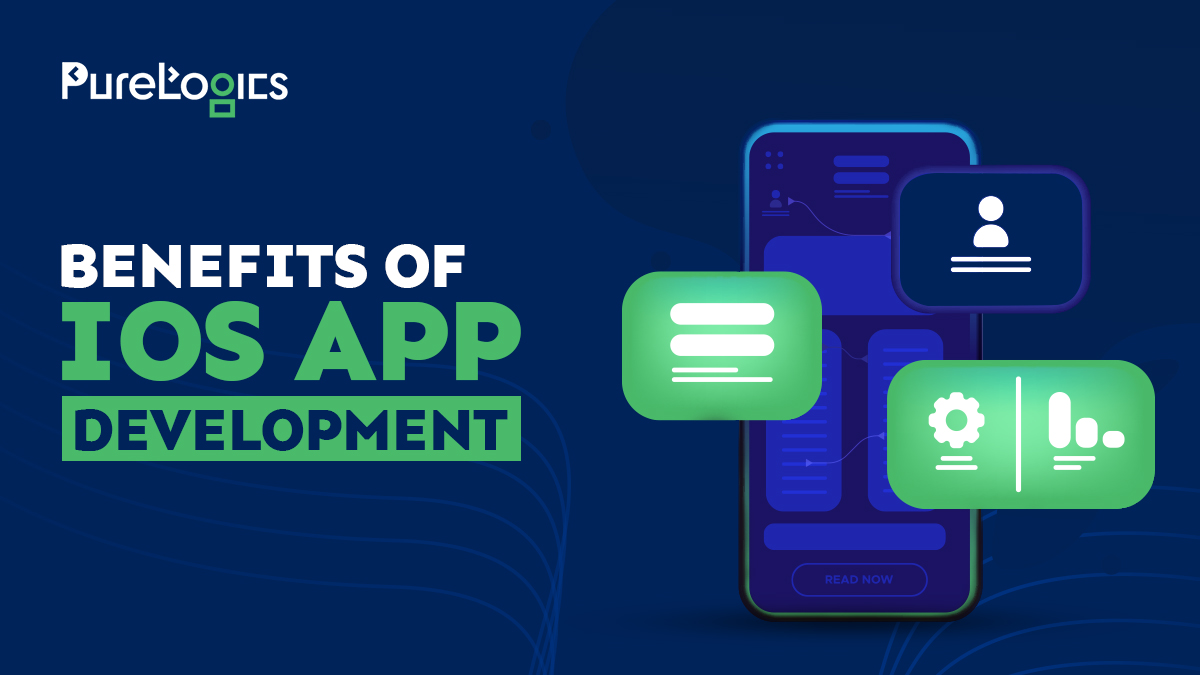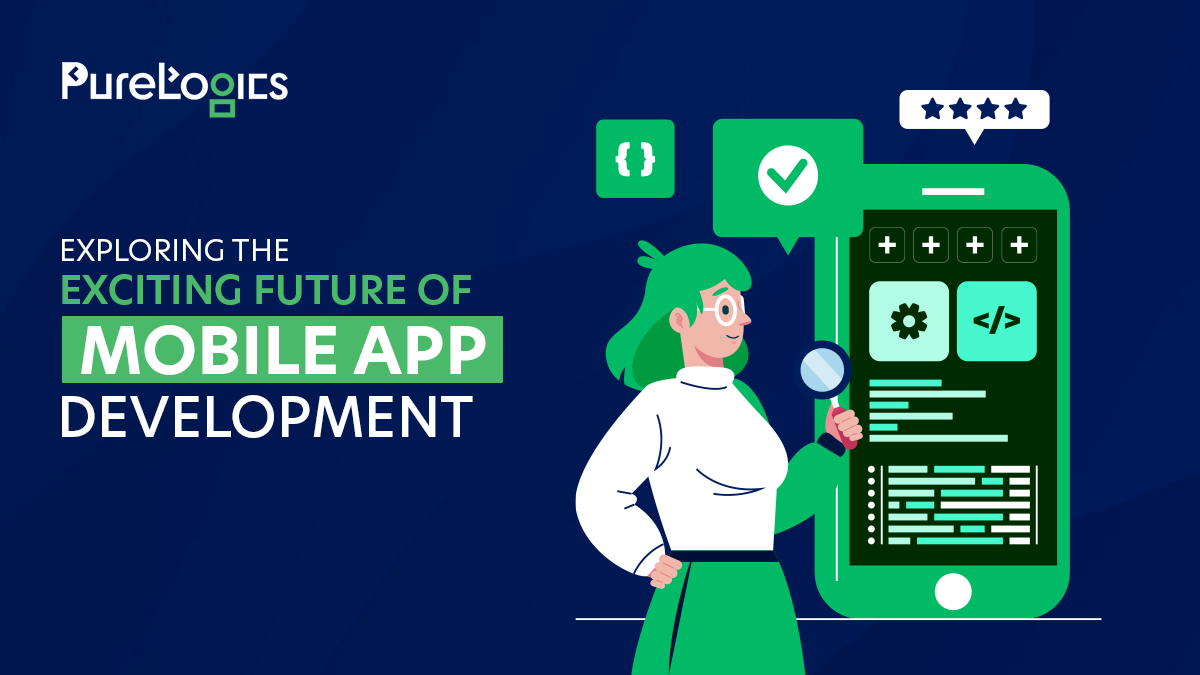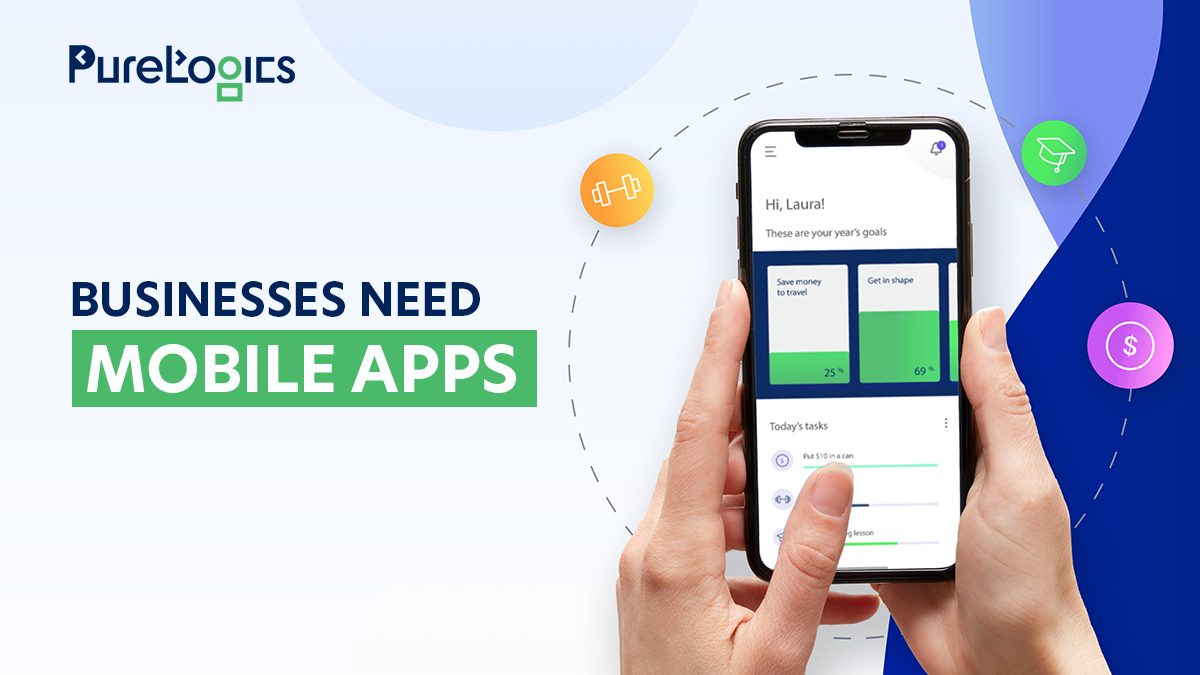Mobile phone usage has become a major part of our lives. No matter what our age is, most of us check our phones several times a day. It is a reason that every business today pays special attention to a solid and efficient mobile strategy.
As mobile technology advances, the battle of Progressive Web Apps (PWAs) vs Native Apps is more intense than ever. Choosing between these mobile app development techniques can make or break your business, so select wisely.
In this blog post, we’ll walk you through a detailed comparison of PWAs and native apps and discuss the pros and cons of native apps and PWAs. We are confident that, with our guide, you will choose the right and best option for you.
So, without any further ado, let’s begin reading!
What is a Progressive Web App (PWA)?
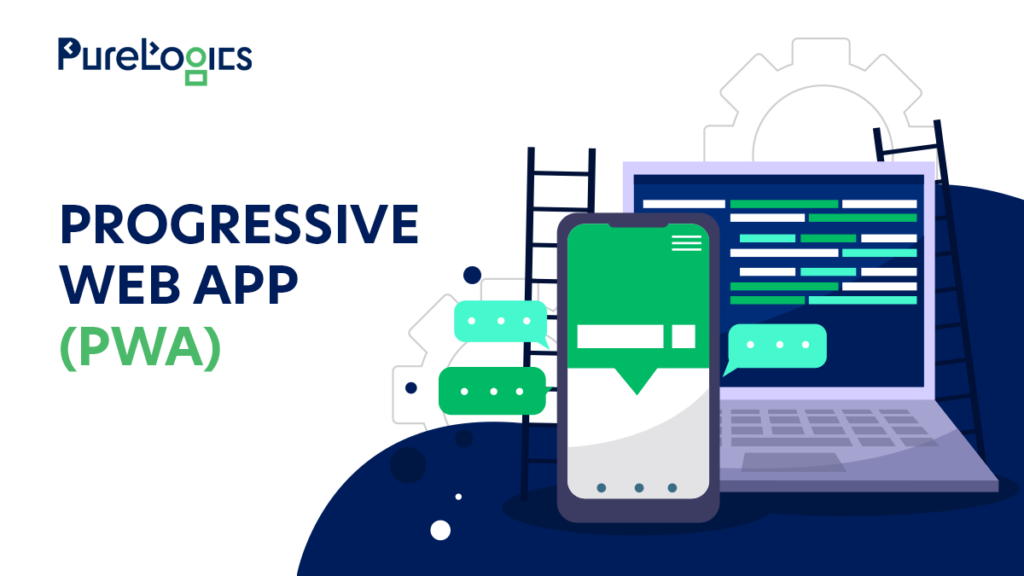
A progressive web application (PWA) is an accelerated website that is basically developed using CSS, HTML, JavaScript, React, Angular, or other related web technologies.
These web applications look and function similar to mobile applications but use a browser. You don’t need to download the PWA to use it; you can access it through a web link. It provides the user experience just like native apps offer.
Look at the following list of the top 10 examples of progressive web apps in 2023:
- Starbucks
- 2048 Game
- Forbes PWA
- Twitter Lite
- Lancôme
- MakeMyTrip
- Pinterest PWA
- Uber PWA
- Yummly
- Trivago PWA
What is a Native App?
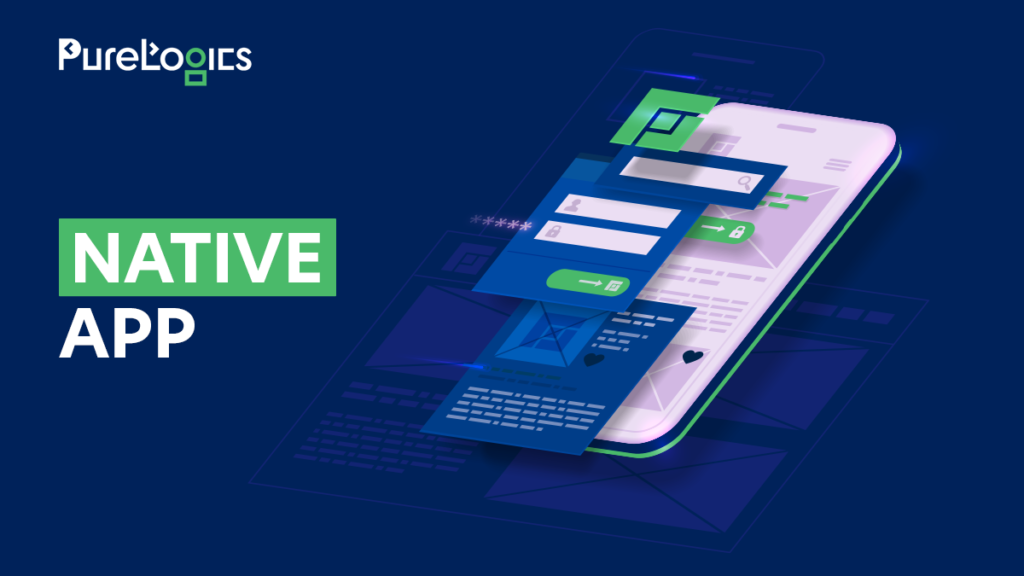
Native Apps are traditional applications that are built explicitly for particular operating systems, such as Android or iOS. The programming languages that this native app development supports are Swift or Kotlin for iOS and Kotlin for Android or Java.
When it comes to native apps, these apps have access to your mobile phone’s features like camera, contact, and microphone. This feature aims to provide you with a better and more personalized user experience.
Here is the list of the 10 best examples of native apps in 2023:
- Airbnb
- Gyroscope
- Salesforce
- SoundCloud
- Spotify
- Tesla
- Townske
- Walmart
PWA Vs Native Development: 6 Features You Must Consider When Comparing Native Apps with PWAs
Performance
Native apps are globally famous and prioritized due to their exceptional performance. On average, PWAs load 2.4 times faster than web apps.
Native apps are optimized for the specific operating system. PWAs, despite improvements, may still not function like the native apps.
Installation
When it comes to native apps, their users need a process of finding, downloading, and installing to use the apps. On the other hand, you can easily access PWAs through a web link. This makes PWA a more seamless option.
Offline Access
Native apps can provide their users with full offline access, even when they have no internet connection. While PWAs also offer offline access, it is limited, and the limitations depend on the development processes of PWAs.
Device Features
Native apps deeply integrate with the features of your mobile phone, like the GPS, camera, and notifications. On the other hand, PWAs don’t fully utilize these features and integrate with your devices. According to research, native apps use 6 times more data than PWAs.
Cross-Platform Compatibility
PWAs have cross-platform compatibility, but native apps demand separate development for iOS and Android. Moreover, the PWA development is a more cost-effective solution.
Updates
Native app updates require users to download new versions, and you know it can be annoying for some users. On the contrary, progressive web applications update automatically. This is how PWAs ensure that their users always use the latest version and functionalities.
Moreover, you will be amazed to hear that around 30% of users uninstall apps because they consume too much space.
| Features | Native App | PWA |
| Platform compatibility | ✅ | ✅ |
| Installation required | ✅ | ❌ |
| App store approval | ✅ | ❌ |
| Offline access | ✅ | ✅ |
| Device access | ✅ | Limited |
| Performance | ✅ | Generally slower |
| Updates and maintenance | ✅ | Easier |
| User engagement | ✅ | Limited |
| Distribution | App store only | Web & app stores |
| Development and costs | Higher | Lower |
Pros And Cons of PWAs
Following are some benefits progressive web applications provide to users and developers:
Cross-platform compatibility: PWAs work on various platforms. It reduces development and maintenance costs and allows businesses to spend their hard-earned money on other necessary business operations.
No need to install apps on mobile phones: It is one of the features that provides PWAs a competitive edge over native apps. You just need to open the link of a PWA in a browser, and it will immediately redirect you to the app.
Offline access: Limited, but PWAs can work offline. It doesn’t mean that you never need the internet. It means that you won’t see any unpleasant errors in your mobile apps and will instead see some content before the server updates.
Improved SEO: You can find these progressive web applications through search engines. It boosts online visibility and improves the app’s search engine rankings.
Faster load times: PWAs load faster, which improves user retention.
Lower Development Costs: Developing one PWA instead of two native apps saves time and money. So, developing a PWA is also a cost-effective option.
On the other hand, the following are some cons of PWAs:
- PWAs have limited functionalities on the operating system.
- PWAs have limited functionalities as they don’t utilize device features.
- PWAS have fast battery consumption since they require more CPU.
Pros And Cons of Native Apps
The benefits of developing progressive web apps are incredibly amazing, but now let’s explore the pros of native apps.
Top-notch performance: Native apps are created for a particular platform, and you can efficiently adjust them according to the nature of the platform.
Moreover, native apps have less dependency and easily interact with the other native APIs. It is one of the reasons native apps have faster and top-notch performance.
Full device integration: Native applications integrate with the features of your devices, like GPS, camera, and notifications. So, this full-device integration leads to enhanced functionality.
Better security: Native apps offer better security in comparison to web apps. The app stores strictly review these applications before approving them. It ensures the safety of your applications before making your applications accessible to users.
App store visibility: Native apps have high visibility and can easily be discovered because they are available on app stores for installations.
High user engagement: Native apps provide you with a variety of themes that allow you to customize the application according to your brand values. This improves the user experience and enhances the user-friendliness of the app to a larger user base.
Now, let’s look at the cons of native apps!
- Native apps have higher development costs.
- Native app development is a lengthy and complex process.
- Users may find frequent app updates annoying.
- Native applications need installations, which can deter some users.
PWA vs Native Development: Who is the Winner?
Many big brands, like Twitter, Starbucks, Forbes, and Uber, etc., have decided to develop PWAs and make it the strongest part of their web strategy.
What do you say? Should you follow them?
While progressive web apps offer multiple benefits, it’s important to note that native apps also bring their own unique benefits. Each has its own strengths and weaknesses.
So, which is a good option for you? The answer to this question depends on the needs of your business and the expertise of the mobile app developers.
If you have decided to develop an app but are still confused about which will benefit you, we can help you.
We at PureLogics have been developing mobile apps for 17+ years and have successfully completed 500+ mobile app development projects. So, whether it is a PWA or native app development, you will get the best in-the-town services at PureLogics.
We offer a free 30-minute consultation call. Contact us today; discuss your business with our experts; your success story may start with us.


 [tta_listen_btn]
[tta_listen_btn]
 November 8 2023
November 8 2023

